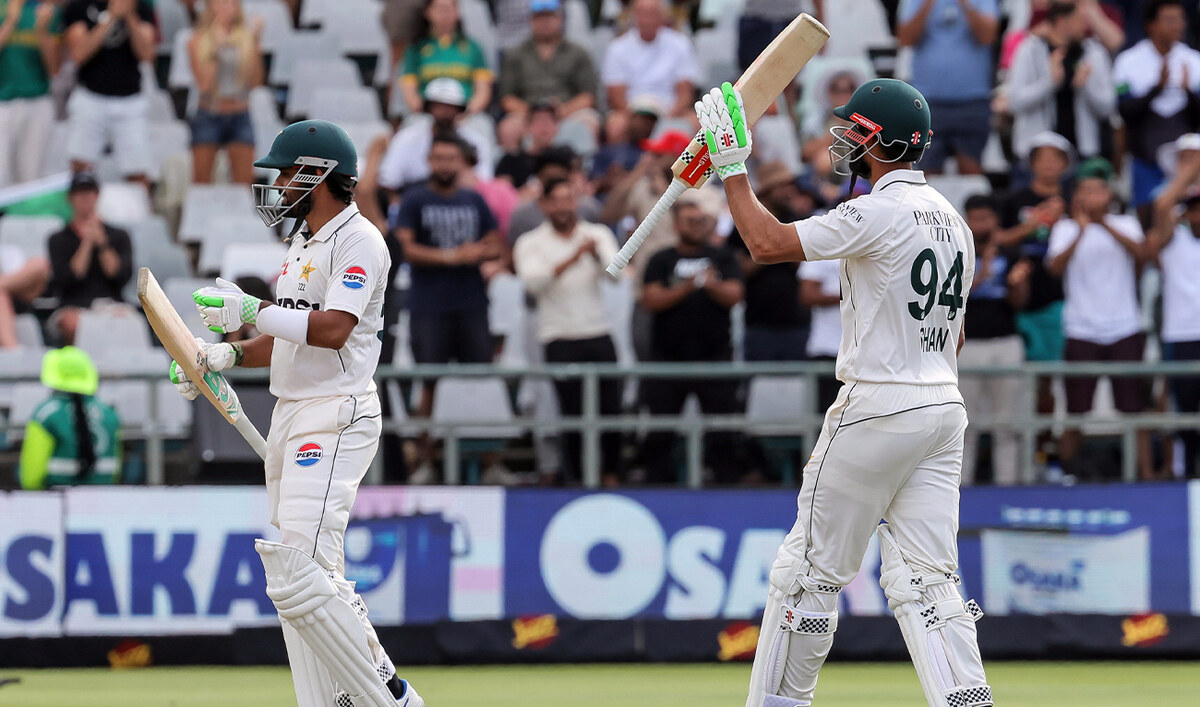DUBAI: Dine-in Pakistani food joints much loved in the UAE for generations have had to deal with a 70 percent drop in revenues amid unprecedented challenges brought on by the coronavirus pandemic and lockdowns.
Decades ago, Pakistani food entrepreneurs set up businesses in the UAE that became synonymous with the taste of home. With familiar flavours and affordable prices, these restaurants became the go-to places for the Pakistani diaspora whenever home sickness struck or families and friends wanted to get together.
Fatima Jabeen, who manages the Karachi Darbar Group of Restaurants established by her father, Haji Mohammed Farooq, in 1973, told Arab News on Tuesday that the business was badly affected in terms of revenue generation.
“Our business mainly runs on dine-in, so when the lockdown happened, we had to depend on take away and deliveries which only helped us generate about 30 percent of the revenue we were making before,” she said.
Her father worked as a chef on a ship and stayed in Dubai during a stopover in 1973 on the insistence of a friend who owned a restaurant. He then became a partner in the business and later, the owner of a first branch in Deira. Initially, the restaurant was called Shehr-e-Karachi but was later rebranded Karachi Darbar.

This picture taken on February 9, 2021, shows table set up with desi food at Ravi Restaurant that was set up in Dubai in 1978 by Chaudhary Abdul Hameed. The restaurant had to shut down at least two branches and laid off staff amid the pandemic last year. (AN Photo)
“Forty years ago, a majority of Dubai-based Pakistanis belonged to the labor class. Later, we had more middle class families visiting us, so we had to open a family hall which also became popular with Filipino and Chinese customers,” Jabeen said.
She said the restaurant still aimed to target its traditional customer base by keeping its prices as nominal as possible.

This picture taken on February 9, 2021, shows Karachi Darbar that was set up in Dubai in 1973 by Haji Mohammed Farooq and is now being run by his daughter. (AN Photo)
“Times have changed and Dubai has tax now which wasn’t there before,” she added. “This also affects our pricing.”
Just last year, a popular restaurant chain, Ravi, shut down at least two of its branches and laid off its workers. Set up in 1978 by Chaudhary Abdul Hameed, the business was an exemplary success story of a laborer-turned-restaurateur until the pandemic hit it hard. Waheed Abdul Hameed, the managing director of the chain and the son of its founder, did not respond to repeated phone calls and messages for an interview.

This picture taken on February 9, 2021, shows Ravi Restaurant that was set up in Dubai in 1978 by Chaudhary Abdul Hameed. The restaurant had to shut down at least two branches and laid off staff amid the pandemic last year. (AN Photo)
Talha Ahmed Khan, who runs the Ajman branch of Delhi Nihari Group, said that the restaurant business had to reimagine itself during the pandemic to survive.
Khan’s grandfather, Shabbir Ahmed, opened the first branch of the restaurant at Al Nasr Square in 1978. Another branch was inaugurated in Sharjah in 1982 that was managed by Khan’s father and is now being run by his younger brother.

This picture taken on February 9, 2021, shows Delhi Nihari Restaurant which was set up in 1978 by Shabbir Ahmed Khan at Al Nasr Square in Dubai. It now has its branches in Sharjah and Ajman, too. (AN Photo)
Khan took the reins of the Ajman branch five years ago after leaving his job as a banker. “My grandfather was a trader and a great foodie who one day decided to open up this restaurant,” he told Arab News on Tuesday.
Over the years, Delhi Nihari became a brand name. “We also survived during the Gulf war when there were hardly any customers,” the 36-year-old businessman said. “Everyone who wanted nihari came to our doorstep.”
The restaurant suffered a major setback during the lockdown when the entire team, including the cook and workers, quit after their salaries were cut.

This picture taken on February 9, 2021, shows a worker at oven in Karachi Darbar that was set up in Dubai in 1973 by Haji Mohammed Farooq and is now being run by his daughter. (AN Photo)
“I had to get a new team and change the way the business was run by understanding the cost structures and ratios,” he added. “My old team was unable to understand that I wasn’t earning much and couldn’t pay them like before.”
The lockdown forced Khan to rethink his operations and he decided to involve food delivery companies.
“Things are looking up now,” he said. “We have understood that our sale has fallen and adjusted the budget accordingly.”
Some businesses however took a hit even before the pandemic. Zain Butt, the daughter of Azam Butt who set up the first outlet of Butt Sweet House in Abu Dhabi, said it was a sad moment when the shop her father had opened in 1974 was shut down after serving thousands of customers for 44 years.

This undated photo shows the exterior of the first Pakistani sweet shop that was located on Hamdan Street in Abu Dhabi. Butt Sweet House was opened in 1974 and shut down in 2018 due to financial constraints. (Photo courtesy: Zain Butt)
Azam Butt, who was affectionately described as “Desi Santa,” passed away earlier this year in Wazirabad, Pakistan, and was fondly remembered by his old customers.
“My father used to make the sweets himself which were also very popular amongst Arabs,” Zain told Arab News from Australia, where she has been based for the last six years.

In this picture taken in 1985, Azam Butt, who was affectionately called “Desi Santa,” can be seen at Butt Sweet House in Abu Dhabi. (Photo courtesy: Zain Butt)
The first shop opened on Hamdan Street and also catered to the palace of the late Sheikh Zayed Al Nahyan.
“Sheikh Zayed was very fond of the brown gulab jamun my father made,” she said.
On average, up to 100 kilograms of sweets were sold at the shop that could generate Dh80,000 of revenue in a single day on festive occasions. However, it was shut down in 2018 for financial reasons, and its founder moved back to his hometown where he stayed until his death this year.



















